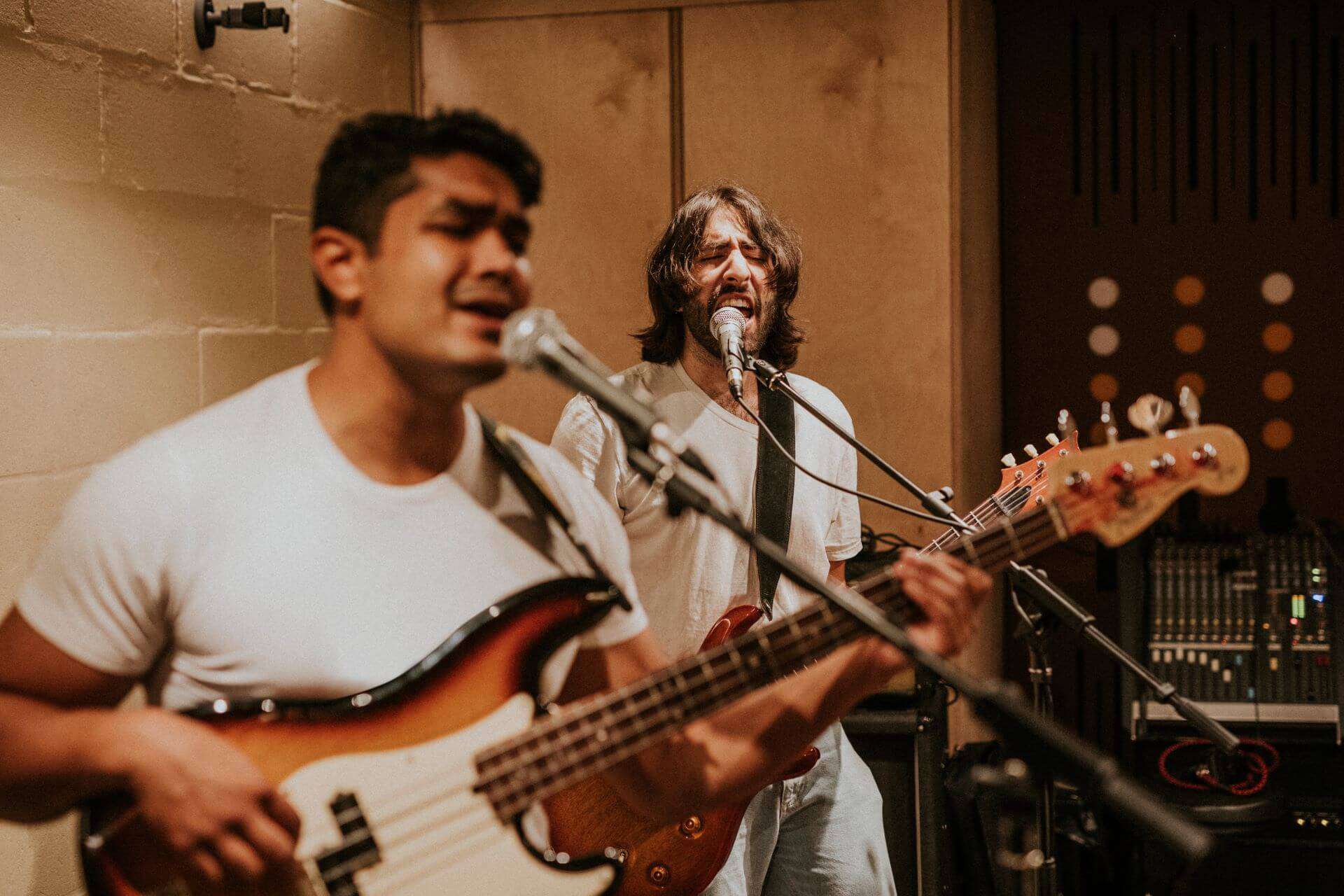- The Connection Between Hearing Loss and Dementia - July 30, 2024
- The Advantages of Rechargeable Hearing Aids - July 16, 2024
- How to Enjoy Music Festivals While Protecting Your Hearing - July 3, 2024
As a dedicated music enthusiast and someone who is well versed in the field, I feel compelled to address a critical concern affecting musicians worldwide: hearing loss. The unwavering pursuit of musical excellence often exposes these talented individuals to prolonged periods of high sound levels, which can lead to irreversible damage to their hearing. Today, we will delve into the profound impact of hearing loss on musicians, exploring its causes, consequences, preventive measures, and coping strategies.
Musicians and the Prevalence of Hearing Loss
Musicians face an alarmingly high risk of hearing loss due to their regular exposure to loud music and amplified sound. Startling statistics reveal that musicians are four times more likely to experience hearing loss compared to the general population. These numbers necessitate immediate action and proactive measures to safeguard the hearing capabilities of these gifted individuals.
Unveiling the Causes of Hearing Loss in Musicians
- Occupational Hazards: Musicians encounter occupational hazards stemming from repeated exposure to loud music during rehearsals, concerts, and recording sessions. This chronic exposure to amplified sound significantly heightens the risk of noise-induced hearing loss (NIHL).
- Inadequate Use of Personal Protective Equipment (PPE): Improper use or insufficient utilization of hearing protection devices, such as earplugs, further contributes to hearing damage. Musicians must be educated on the correct selection and application of PPE to ensure optimal hearing protection without compromising the quality of their performances.
- Challenges with Monitors and Sound Engineering: Sound monitors play a vital role in live performances, assisting musicians in synchronizing with the music. However, poor monitoring practices, such as excessively loud stage monitors or subpar sound engineering, can expose musicians to dangerously high sound levels, leading to hearing impairments.
Exploring the Ramifications of Hearing Loss for Musicians
- Artistic and Professional Limitations: Musicians afflicted with hearing loss may encounter difficulties perceiving and reproducing certain sounds, which compromises their musical abilities. The subtle nuances and intricacies of music can be lost, adversely affecting the quality of their performances and overall artistic expression.
- Mental Health and Emotional Well-being: Musicians often rely on their auditory senses to connect with their audience and find solace in their craft. Hearing loss can instigate emotional distress, feelings of isolation, and even depression, as the loss of this fundamental sense can profoundly impact their identity as musicians.
- Communication Challenges: Collaborative work within the music industry relies heavily on effective communication between musicians. Hearing loss hampers musicians’ ability to communicate during rehearsals and recordings, leading to misinterpretations, delays, and potential conflicts.
Taking Proactive Measures: Preventing Hearing Loss in Musicians
- Prioritizing Hearing Protection: Musicians must prioritize the use of proper hearing protection devices, such as musician’s earplugs, custom-fit earplugs, or noise-canceling headphones. These devices provide adequate sound attenuation while preserving the integrity of the music, ensuring optimal hearing health.
- Regular Hearing Check-ups: Musicians should undergo periodic hearing evaluations to monitor their hearing abilities and detect early signs of hearing loss. Early intervention can prevent further deterioration and allow for timely management.
- Sound Monitoring and Engineering: Collaborating closely with sound engineers ensures proper sound monitoring and management during live performances. This partnership creates a safe and controlled listening environment, minimizing the risk of excessive sound exposure.
Strategies for Coping with Hearing Loss in Musicians
- Assistive Listening Devices: Technological advancements have led to the development of assistive listening devices that enhance sound perception for musicians with hearing loss. In-ear monitors and hearing aids tailored specifically for musicians can improve their ability to hear and perform at their best.
- Rehabilitation and Training: Musicians grappling with hearing loss can benefit from audiological rehabilitation programs that maximize their residual hearing and help them adapt to their changing auditory abilities. Additionally, training in music theory and composition can open alternative avenues for artistic expression.
- Support Networks: Joining support groups or seeking counseling provides musicians with a safe space to share experiences, emotions, and challenges related to hearing loss. Connecting with fellow musicians facing similar struggles fosters a sense of belonging and emotional support.
Final Thoughts
The issue of hearing loss among musicians demands our unwavering attention. By comprehending the causes, consequences, preventive measures, and coping strategies associated with hearing loss, we can create a safer and more supportive environment for musicians to thrive. Let’s join forces to protect the precious gift of hearing, ensuring that the melodies of these talented musicians resonate for generations to come.
We hope you found this information both useful and helpful. If you have any questions about hearing loss or would like to schedule an appointment, please contact us. Our friendly staff are available to assist you with all of your hearing related needs.

